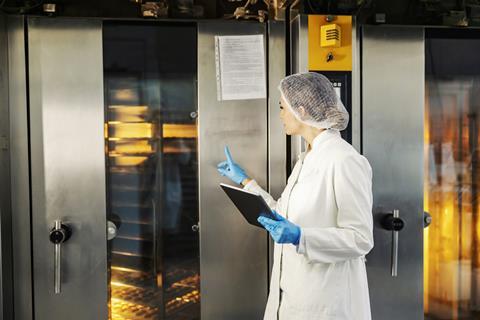
Made Smarter has released a guide to help SMEs, including bakery suppliers, achieve decarbonisation through digitalisation.
The free-to-download whitepaper from the government-backed scheme highlights the ways manufacturing can be made smarter and greener with technology. This includes utilising the likes of the Industrial Internet of Things, automation, 3D printing, data analytics, and Extended Reality to optimise processes and designs, reduce waste and emissions, increase efficiency, and use less energy.
The document helps demystify some of the key terminology, and gives answers to the question of why net zero is necessary.
It notes that decarbonisation of manufacturing is industry’s biggest challenge – but also a significant opportunity. Figures from the Make UK Siemens Decarbonising Manufacturing 2022 report are quoted to showcase the range of benefits from adopting sustainable practices. These include:
- 34% of businesses stated that they slashed costs with improved productivity
- 16% increased sales with access to new markets where customers expect a level of care for the environment
- 14% said that reducing emissions has enabled them to secure finance for new projects
- 15% have successfully attracted new talent by making their sustainability values known.
Donna Edwards, director of Made Smarter’s North West Adoption Programme, said decarbonisation was an imperative, not a distraction.
“UK manufacturing must get behind the mantra that the future is decarbonised and digital. Made Smarter is committed to help small and medium sized makers get there with vision, technology, leadership and collaboration,” Edwards added.
Made Smarter was formed following an industry-led review into UK manufacturing in 2017. It grants businesses the opportunity to access support and a match-funding grant of up to 50% to buy and implement digital systems and equipment.
Manufacturing is stated to be worth an estimated £170bn to the UK economy, according to government statistics from 2021. While it helps to sustain 2.6 million jobs, produces around half of all UK exports, and accounts for almost two thirds of all business R&D, it is also responsible for 17% of the UK’s greenhouse gas emissions.
The whitepaper points out that, to meet the UK’s net zero target by 2050, industrial emissions will need to be reduced by at least 90%, which is the equivalent of removing every car from roads immediately.
Bakery suppliers Baker & Baker and Bakkavor both recently announced 2040 as their target year for achieving net zero. Fellow manufacturer Premier Foods also revealed progress on its carbon reduction ambitions, while Dawn Foods laid out its first sustainability goals and Macphie – which holds B Corp status – recognised its steps towards hitting ESG targets.



















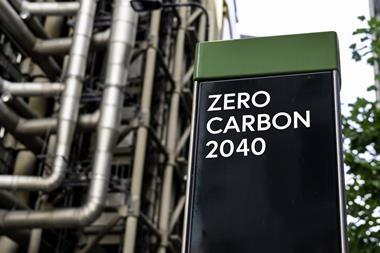
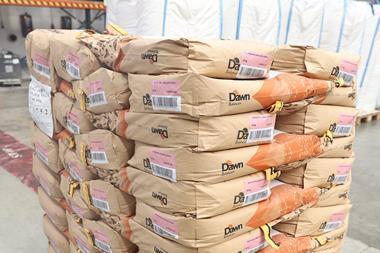
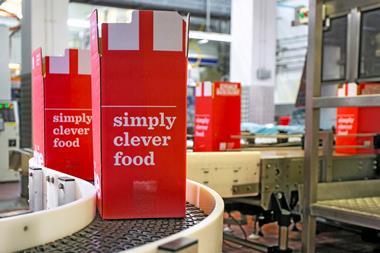
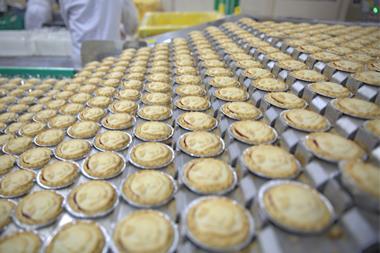
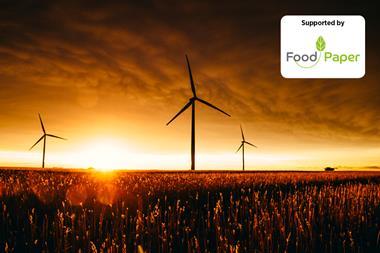
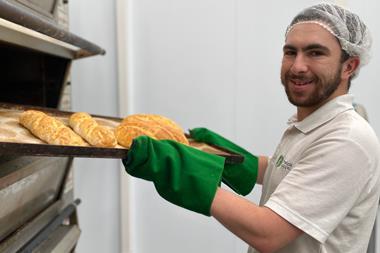


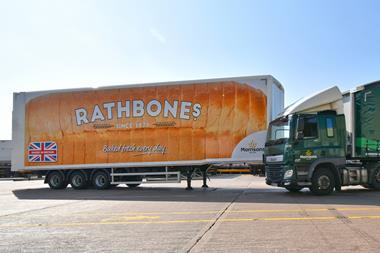

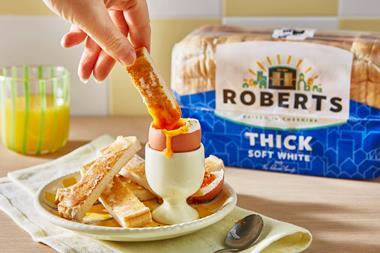
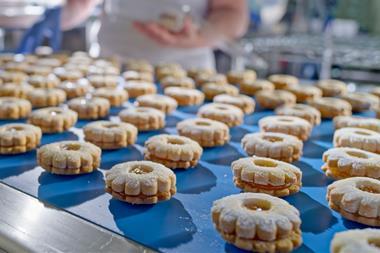

No comments yet